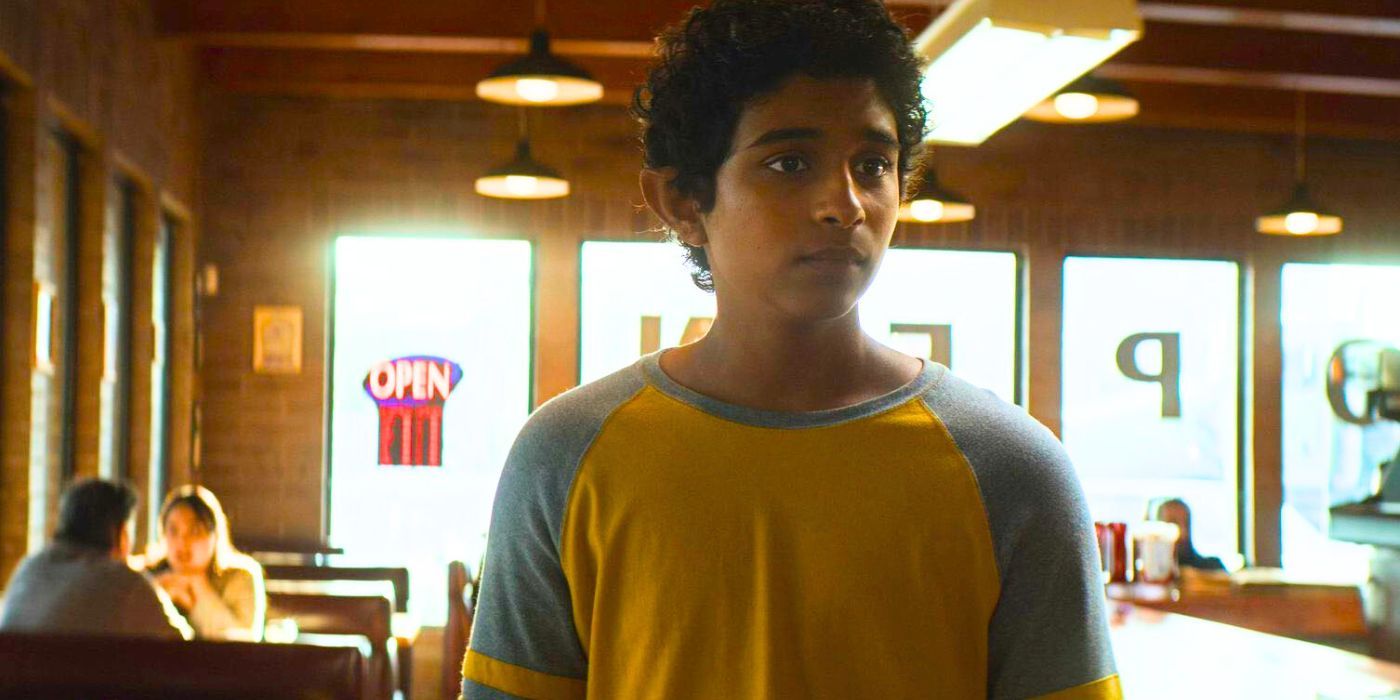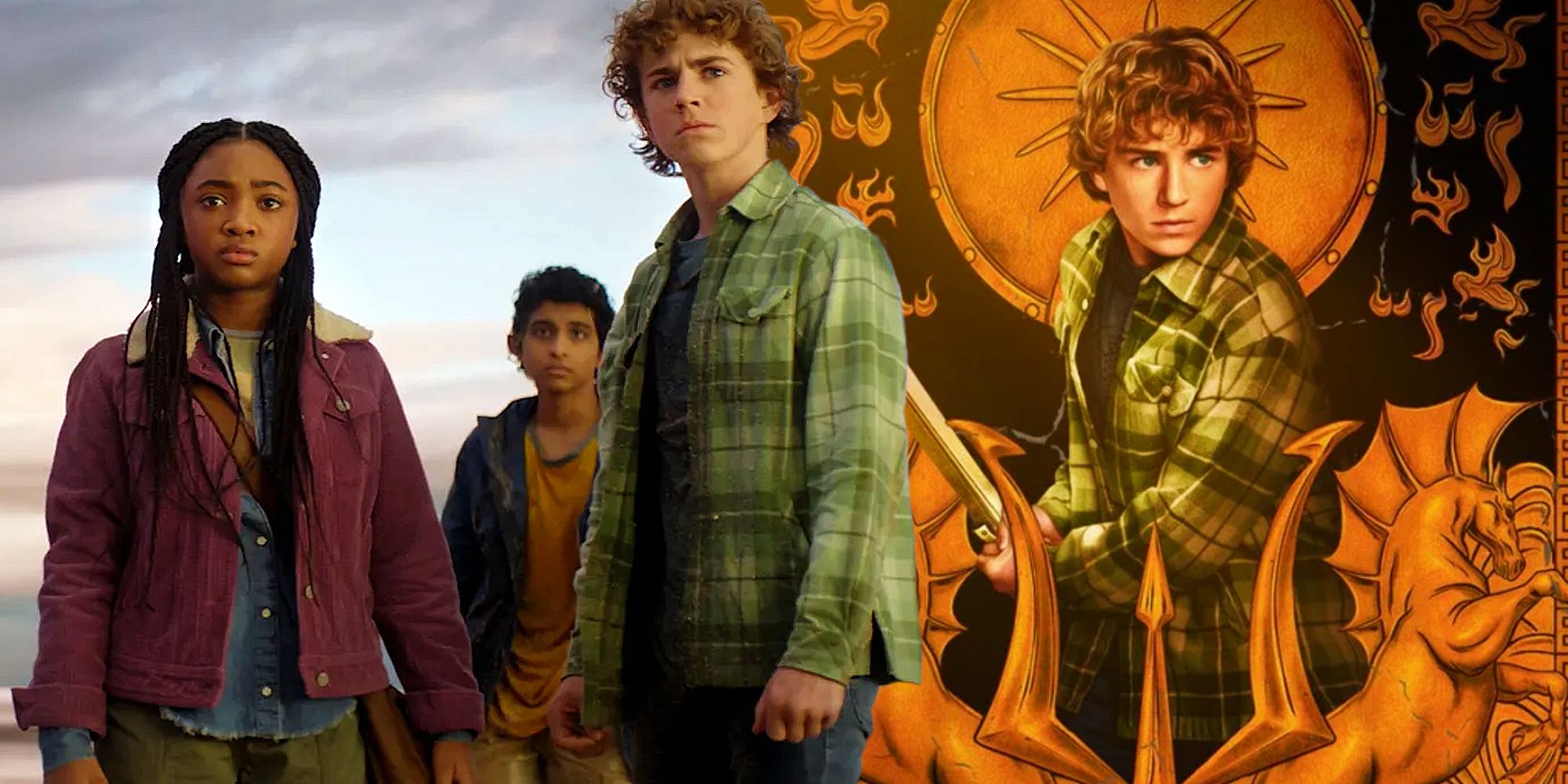
The Lobster War in Percy Jackson: A Clever Subplot Explained

Exploring the intriguing subplot of the Lobster War in Percy Jackson and the Olympians, season 1, episode 5, and its clever use in the storyline.
Introduction
Percy Jackson and the Olympians season 1, episode 5 has sparked curiosity among viewers with its reference to the Lobster War. This peculiar mention occurred in the context of Grover's interaction with Ares, the God of War, and it left many fans wondering about the significance of this seemingly obscure conflict. In this article, we delve into the details of the Lobster War subplot, its clever utilization in the storyline, and its connection to the characters' motivations and actions in the series.
Ares talking to Annabeth at the diner in Percy Jackson and the Olympians season 1 episode 5
The Lobster War reference in Percy Jackson episode 5 has added an unexpected layer of intrigue to the storyline, prompting viewers to uncover the historical context behind this unusual mention. As we unravel the significance of the Lobster War and its portrayal in the series, we gain insight into the creative storytelling and character development within the world of Percy Jackson.
Grover (Aryan Simhadri) stands in a diner in Percy Jackson episode 5
The Pivotal Role of the Lobster War
In Percy Jackson episode 5, the Lobster War serves as a clever subplot that intertwines with the characters' strategic maneuvering and motivations. The mention of this historical conflict emerges during a pivotal interaction between Grover, the satyr, and Ares, the arrogant God of War. As Grover seeks to gain Ares' trust and extract valuable information, he strategically references the Lobster War to showcase his supposed admiration for Ares' past exploits.
The utilization of the Lobster War as a tool for manipulation reflects Grover's shrewdness and resourcefulness in navigating the complex dynamics of the Olympian world. By feigning interest in Ares' lesser-known conflicts, Grover cleverly maintains his pacifist nature while subtly probing Ares for crucial details. This strategic use of historical context adds depth to the character interactions and highlights the intricate web of alliances and deceptions in Percy Jackson's world.
Unraveling the Historical Significance
The Lobster War, which took place from 1961 to 1963, was a real conflict between France and Brazil over the fishing rights of spiny lobsters. This seemingly obscure war holds relevance in the context of Percy Jackson episode 5, as it mirrors the strategic maneuvering and diplomatic tensions depicted in the series. The dispute between Brazil and France over the territorial boundaries for lobster fishing sheds light on the intricate conflicts and power struggles that resonate with the Olympians' quests and rivalries.
As viewers uncover the historical roots of the Lobster War, they gain a deeper appreciation for the creative incorporation of real-world events into the fantastical realm of Percy Jackson. The subtle nod to this unconventional conflict not only adds depth to the narrative but also showcases the series' ability to intertwine historical elements with mythological storytelling, captivating audiences with its rich tapestry of references and inspirations.















